case study:
AI-powered fit-for-purpose targeting solution boosts oncology launch
Beghou Consulting leverages AI to perform sentiment analysis and craft a more precise pre-launch targeting strategy for an emerging pharma company.
Emerging pharmaceutical companies face pressure to deliver attention-grabbing launch results. But they often have limited commercial resources and struggle to gain access to health-care professionals, especially when compared to their Big Pharma counterparts. These dynamics put pressure on commercial teams to do more with less as they seek to build momentum for their therapies.
One oncology company we worked with faced similar pressures. It had a very small sales team and could therefore only engage with a relatively small number of target HCPs. Therefore, as the company prepared to launch a second-in-class targeted oncology therapy, it had to create a precise target list that included only the highest value HCPs and influencers (e.g., key opinion leaders). Our consulting team helped guide them on this journey toward precision targeting using artificial intelligence.
Challenge: Capturing shifting sentiments and influence
Approach: Enhancing influencer mapping and targeting with AI
We built an AI-based engine that allowed this company to efficiently analyze and track HCP and KOL sentiment and influence. These insights ultimately helped the company refine its targeting strategy. Our approach involved:
- Compiling proprietary data with data from public databases (e.g., society and conference websites, medical literature repositories, social media, health care organization websites).
- Structuring previously unstructured data (e.g., text from social media, website copy) using natural language processing tools, including large language models and BERT models, for named entity recognition (NER).
- Leveraging AI to analyze this data and generate consumable insights on HCP and KOL sentiment and reputation. We used LLMs and BERT for aspect-based sentiment analysis.
pharma companies must stay focused on immediate goals when developing AI solutions.

We also had to ensure we blocked out the noise that would have resulted from pointing AI tools toward a wide array of public databases without guidance. Instead, we augmented the power of the AI tools by guiding the tools on how to prioritize and weight different pieces of information (based on the importance of events, recency of information, etc.). This curation effort helped us maximize the quality of the output from the AI tools.
Our goal was to deploy a solution that effectively accomplished the specific use case at hand (in this situation, honing the company’s list of targets). We worked hard to develop a solution aimed at this business challenge instead of overcomplicating matters by trying to do too much with a more general solution. During AI deployments, it is tempting to think about hypothetical future solutions (that may never materialize). But this line of thinking inevitably leads to unnecessary complexity. So, pharma companies must stay focused on immediate goals when developing AI solutions.
Results: Fit-for-purpose AI solution enables launch success
The company was able to dynamically track shifts in sentiment and reputation among its target HCPs and KOLs. In the ever-changing oncology landscape, these insights helped the company improve the precision of its targeting efforts so it could effectively engage the right individuals at the right time with the right messages.
This company’s experience illustrates the importance of defining a clear use case and deploying a fit-for-purpose AI solution aimed at addressing that use case. Importantly, these fit-for-purpose solutions can enable large-scale AI solutions. To succeed with AI, pharma companies should balance their pursuit of large-scale AI initiatives with these targeted, use case-focused solutions.
This approach to AI deployment will help companies build up their AI expertise and capabilities so they are prepared to capitalize on the full potential of this exciting and rapidly evolving technology.
Learn More
Learn how Beghou helped a rare disease company improve clinical trial recruitment with natural language processing here.

